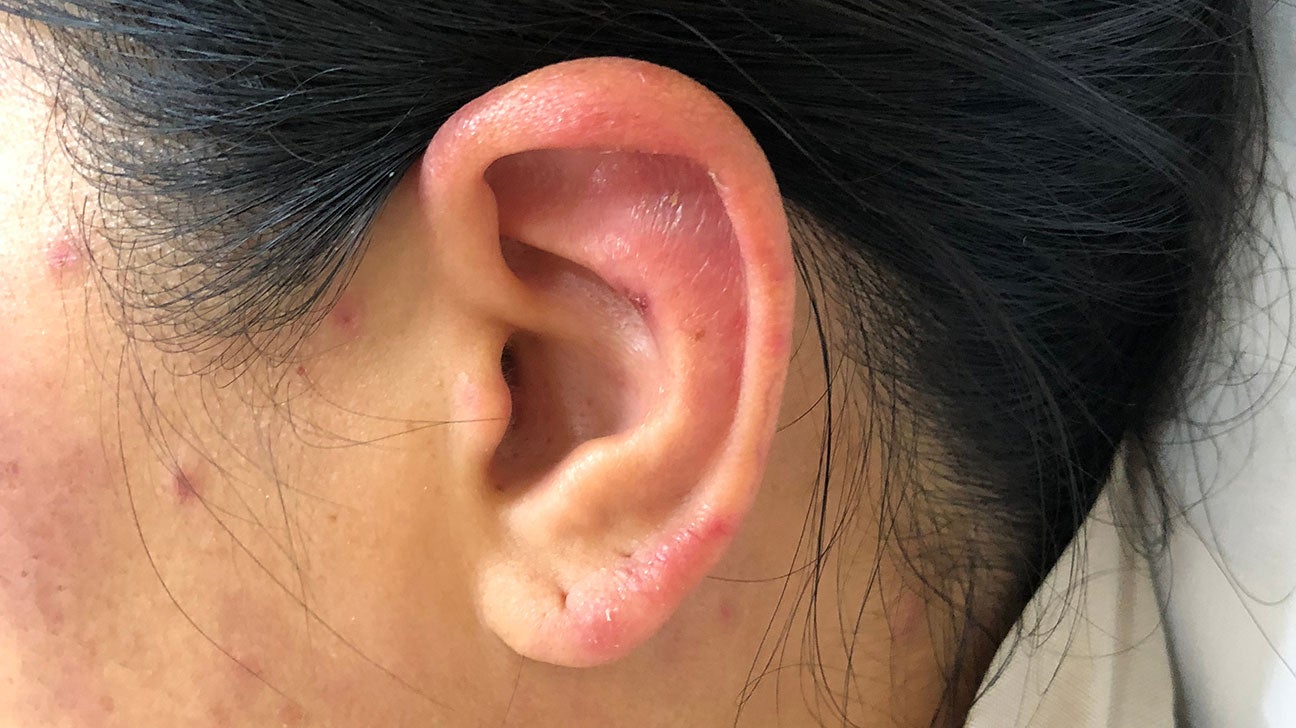Autoimmune conditions emerge when the immune system, designed to protect the body from external threats like viruses and bacteria, mistakenly directs its attack towards healthy cells. This wayward immune response has the capability to induce inflammation and damage various organs and tissues, including the nasal passages.
Understanding Autoimmune Diseases
Autoimmune disorders emerge when the body’s defense system, originally crafted to safeguard against external menaces such as viruses and bacteria, erroneously targets its own healthy cells. This misdirected immune reaction may result in inflammation and harm to diverse organs and tissues, encompassing the nasal passage

Unveiling the Culprit: Wegener’s Granulomatosis
Wegener’s Granulomatosis, a distinctive autoimmune disorder recognized for inducing nasal sores, predominantly targets the respiratory system, kidneys, and blood vessels. The immune system’s attack on minor blood vessels may lead to the development of granulomas—tiny clusters of inflamed tissue—in the nasal region, causing nasal sores alongside a spectrum of other symptoms.
Connecting the Dots: Lupus and Nasal Sores
Lupus, a systemic autoimmune disease, is another condition linked to nasal sores. Although primarily known for affecting joints, skin, and organs, lupus can also target the nasal passages. The intricate interplay of immune dysregulation in lupus can result in mucosal ulcerations in the nose, contributing to the formation of sores.
Peeling Back Layers: Relapsing Polychondritis
Relapsing Polychondritis, though rare, is a condition where the immune system attacks the body’s cartilage. Nasal cartilage is not exempt from this assault, and as a consequence, sores may develop. The recurrent nature of this disorder adds to the complexity of managing its symptoms, including those affecting the nasal region.

The Lesser-Known Players: Behçet’s Disease and Nasal Sores
Behçet’s Disease, characterized by inflammation of blood vessels, can also involve the mucous membranes, leading to oral and nasal ulcers. The presence of nasal sores in Behçet’s Disease adds to the spectrum of symptoms that individuals with this condition may experience, highlighting the diversity of autoimmune presentations.
The Diagnostic Challenge
Identifying the autoimmune origins of nasal sores can be challenging due to their association with various conditions. Additionally, the symptoms may overlap with other non-autoimmune issues, complicating the diagnostic process. A thorough examination by a healthcare professional, often involving blood tests and imaging studies, is crucial for accurate diagnosis and appropriate management.
Treatment Approaches
Management of autoimmune diseases causing nasal sores typically involves a multidisciplinary approach. Immunosuppressive medications may be prescribed to modulate the immune response and reduce inflammation. Additionally, symptom-specific treatments, such as nasal ointments or oral medications, may be recommended to address the sores directly.
Conclusion
In the intricate landscape of autoimmune diseases, the presence of nasal sores serves as a unique marker for specific conditions. Wegener’s Granulomatosis, lupus, relapsing polychondritis, and Behçet’s Disease are among the autoimmune culprits that may contribute to this manifestation. Efficient and precise diagnosis plays a crucial role in the successful handling of autoimmune disorders, underscoring the significance of a collaborative approach between patients and healthcare professionals to navigate the intricacies of these conditions. As we persist in uncovering the enigmas surrounding these disorders, a more profound comprehension arises, opening avenues for enhanced treatment approaches and an improved quality of life for individuals impacted by them.
Read More:- Calendula Flower: A Flowing Plant Aiding In Restoring Skin Health!
Read More:-Exploring the Multifaceted World of Tea: Unearthing Its Unexpected Effects
